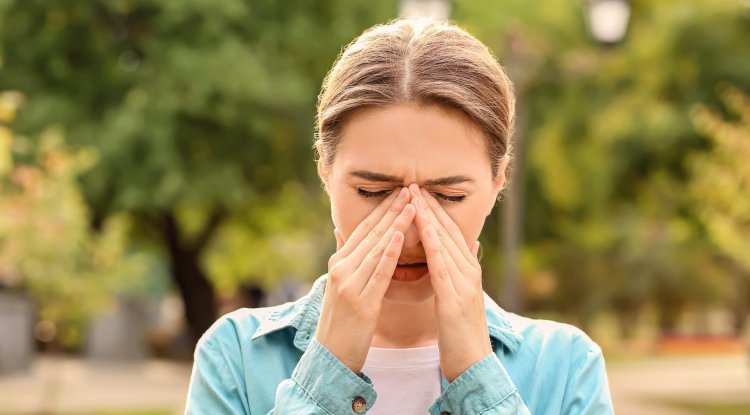5 common causes of excessive hair loss!
You may have noticed lately that your hair is falling out more than usual, and the reasons can be varied - from the effects of Covid-19 to hormonal changes.

You may have noticed lately that your hair is falling out more than usual, and the reasons can be varied - from the effects of Covid-19 to hormonal changes.
When combing and washing our hair, we notice that our hair also falls out, which is a natural process, but how much hair loss is normal? According to dermatologists, normal hair loss is between 50 and 100 hairs a day. Hair loss is experienced as a natural aging process in men, but it can also affect women at different ages for very different reasons. More than 10% of those who have experienced hair loss have sought professional help in resolving this problem, and in order to eliminate it, it is important to discover the cause. Experts have listed the 5 most common:
1. Stress
Chronic stress, as well as stressful events, can be the cause of premature cessation of growth of certain hair follicles, as a result of which they enter the telogen phase. Hair can be dormant for about three months after which it falls out. Telogen effluvium, a dramatic hair loss in just a few weeks, has also been confirmed as one of the side effects of Covid.
2. Sudden weight loss or dietary changes
Diet and dietary restrictions can lead to hair loss because the body registers that it is not receiving the same nutrients as before. Protein is crucial when it comes to hair growth and care, so if you notice increased hair loss, check to see if you are getting enough nutrients.
3. Styling: tight bonding and hair coloring
You may be a fan of high ponytails or buns, but your hair is not. If you tie your hair too tightly, you are likely to break your hair with a high ponytail and inappropriate rubber bands.
Too often hair coloring has a similar effect, so it is recommended that you talk to your hairdresser about less aggressive coloring options that will be milder towards your hair.
4. Influenza and fever
If you have had the flu and fever, the hair follicles may temporarily close while the body focuses on fighting the infection. The higher and longer the temperature - the more hair is lost. However, hair loss is not visible immediately, but 2 to 3 months after the illness.
5. Iron deficiency
Heavy menstruation, a vegetarian diet, or regular blood donations can lead to low levels of ferritin, a protein that stores iron in the body. Low iron levels are one of the most common mineral deficiencies in young women with thinning hair. Increase iron levels by consuming certain foods such as red meat, spinach, legumes, but also supplements. Talk to your doctor about iron deficiency testing before changing your diet or taking supplements.




























